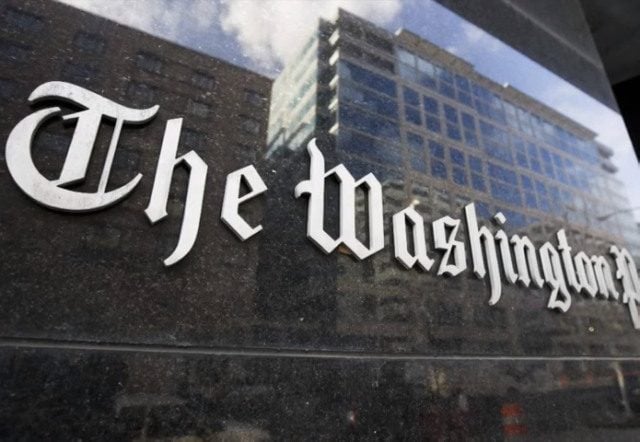Turley Raises Questions About Case Against Trump: Jack Smith ‘Would Need To Bulldoze’ First Amendment To Convict
Attorney and law professor Jonathan Turley raised serious legal questions about Special Counsel Jack Smith’s path to convicting former President Donald Trump.
In an op-ed published Saturday by The Hill, Turley warned that the latest indictment of Trump relating to the January 6, 2021, Capitol riot threatens the First Amendment by giving the government an unprecedented power to criminalize false statements. Trump was indicted earlier this week on four charges, including conspiracy to defraud the United States, conspiracy to obstruct an official proceeding, obstruction of an official proceeding, and conspiracy against rights. He pleaded not guilty to all charges.
“Trump was not charged with conspiracy to incite violence or insurrection,” Turley wrote. “Rather, he was charged because he ‘spread lies that there had been outcome-determinative fraud in the election and that he had actually won.’ In order to secure convictions for this, Special Counsel Jack Smith would need to bulldoze through not just the First Amendment but also existing case law holding that even false statements are protected.”
“The government acknowledges that the Constitution protects false statements made in campaigns, but it insists that Trump must have known that his statements were false and therefore was engaged in fraudulent statements to obstruct or challenge electoral results,” Turley continued.
The legal expert noticed one problem, however. “If Trump actually did (or does) believe that he did not lose the election, the indictment collapses,” he wrote, adding that the indictment seeks to show that many people were telling Trump his stolen election claims were false.
“I was one of those voices,” Turley wrote. “Trump did not listen to me, most legal analysts or even his White House counsel. Instead, he listened to a small group of lawyers who assured him that a challenge might succeed and that there was evidence of massive election fraud.”
Trump has the freedom to seek “enablers who tell him what he wants to hear,” the law professor wrote. Turley argued that even President Joe Biden has done this, such as when he issued an executive order on an eviction moratorium based on “a single law professor’s say-so to justify an obviously unconstitutional executive action” that was later blocked by the Supreme Court. Turley also pointed to Democrats, such as Hillary Clinton and Jamie Raskin (D-MD), whose speech was protected by the Constitution when they falsely claimed Trump’s 2016 election victory was illegitimate.
Even if Trump knew the claims he was making were false, it would still be controversial to link his claims to the actions of anyone who challenged the election, according to Turley.
In United States v. Alvarez, the Supreme Court ruled 6-3 that it is unconstitutional to criminalize lies, Turley wrote. The 2012 case involved a politician who knowingly lied about his military decorations, but the high court prevented Congress from criminalizing lies about one’s military service.
“So even assuming that Smith can prove Trump lied, there would still be constitutional barriers to criminalizing his false statements,” Turley wrote. “That is why the threshold constitutional claims in this indictment should be addressed by the courts before it goes forward.”

No comments